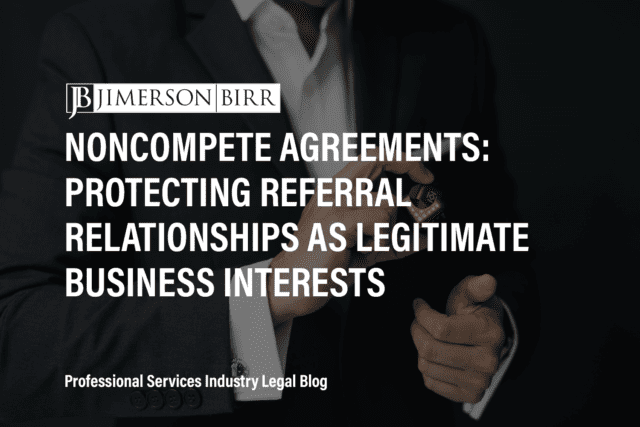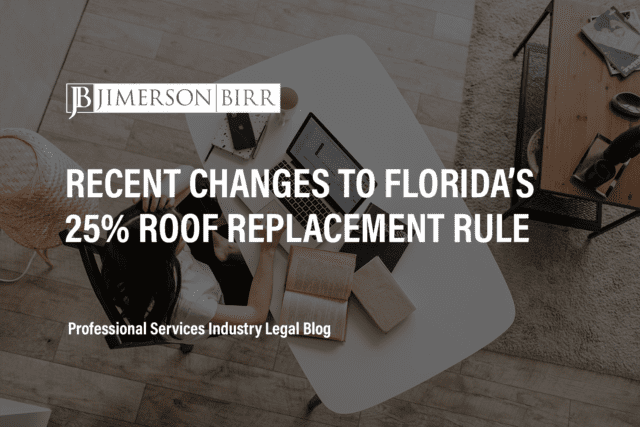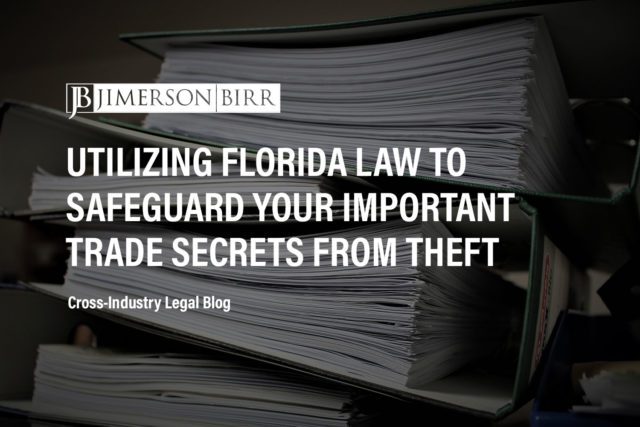What is the importance of trade secret protection?
Trade secret protection safeguards valuable, confidential information businesses use to gain a competitive edge. For Florida employers, trade secret protection is crucial to preserving their competitive advantage and fostering innovation. Trade secrets include customer lists, pricing strategies, product formulas, or proprietary software. Losing trade secrets to competitors may result in significant financial losses and long-lasting harm to a business’s reputation.
For instance, suppose a former employee misappropriates customer lists and shares them with a competing business. In this case, the employer could file a lawsuit against the former employee and the competitor to seek damages, injunctive relief, and attorney’s fees. This legal recourse demonstrates the importance of trade secret protection in preserving the value of a company’s confidential information under Florida and federal law.
Need a legal advocate to evaluate your trade secret protection options? Schedule your consultation today with a top trade secret protection attorney.
How do non-compete or non-solicitation agreements apply to trade secret protection?
In Florida, non-compete and non-solicitation agreements protect trade secrets from unauthorized disclosure or use. To effectively safeguard a company’s valuable trade secrets, it is essential to draft and implement legally enforceable agreements that comply with Florida’s statutes and case law. In addition, non-compete agreements restrict an employee or contractor from working for a competitor or starting a similar business. In contrast, non-solicitation agreements prevent them from soliciting a company’s clients or employees.
For instance, suppose a tech company may require its software engineers to sign a non-compete agreement to prevent them from joining a rival firm and sharing its proprietary algorithms. The enforcement of such agreements can deter potential breaches and preserve the company’s competitive advantage. Ensuring these agreements are tailored to the specific business and adhere to Florida and federal laws is essential for their legal enforceability.
Please contact our office to set up your initial consultation to determine whether trade secret protection services may be available for your unique situation.
Which laws, procedures, and regulations apply to non-compete or non-solicitation agreements in Florida?
Florida Statute § 542.335 governs the enforceability of non-compete and non-solicitation agreements. This statute requires that such agreements be written and signed by the person against whom enforcement is sought. The statute also mandates that the agreement must protect a legitimate business interest and be reasonable regarding geographic scope, duration, and line of business.
In addition to the state statute, case law in Florida guides the processes for drafting, implementing, and enforcing non-compete and non-solicitation agreements. Therefore, employers should carefully review these legal sources to ensure their agreements comply with Florida law and can withstand judicial scrutiny.
How can employers strategically benefit from drafting, implementing, or enforcing non-compete or non-solicitation agreements?
- Protection of Trade Secrets and Confidential Information: By enforcing these agreements, employers can prevent former employees from disclosing sensitive business information to competitors.
- Preservation of Customer Relationships: Non-solicitation agreements protect an employer’s customer base, ensuring former employees cannot poach clients for a specific period after leaving the company.
- Maintaining Workforce Stability: Non-compete clauses reduce the risk of losing valuable employees to competitors, contributing to a stable and experienced workforce.
- Promoting Innovation: By safeguarding trade secrets, companies can encourage creativity and innovation within their organization without fear of having their ideas stolen by competitors.
- Deterrent Effect: A well-drafted non-compete or non-solicitation agreement sends a clear message to employees about the company’s commitment to protecting its intellectual property, deterring potential breaches of the agreement.
What steps should counsel for employers take to implement and enforce non-compete or non-solicitation agreements effectively?
Counsel should consider the following to protect their clients:
- Drafting Tailored Agreements: Counsel should draft specific and reasonable non-compete or non-solicitation agreements to protect legitimate business interests while remaining enforceable under Florida law.
- Regular Review and Update: It is crucial for counsel to periodically review and update agreements to ensure compliance with changing laws and regulations.
- Employee Communication: Counsel should work with employers to communicate the terms and conditions of non-compete or non-solicitation agreements to employees, ensuring understanding and compliance.
- Monitoring and Enforcement: Counsel should assist employers in monitoring former employees’ activities for potential breaches of the agreement and take appropriate legal action when necessary.
- Compliance with State-Specific Requirements: Since non-compete and non-solicitation agreements are subject to state-specific rules, counsel must be well-versed in Florida law to effectively draft and enforce these agreements.
When a set of facts is appropriate for legal intervention, there are many paths a claimant may take. We are value-based attorneys at Jimerson Birr, which means we look at each action with our clients from the point of view of costs and benefits while reducing liability. Then, based on our client’s objectives, we chart a path to seek appropriate remedies.
To determine whether your unique situation may necessitate litigation or another form of specialized advocacy, please contact our office to set up your initial consultation.
Frequently Asked Questions
- How can employers ensure that non-compete or non-solicitation agreements are enforceable in Florida?
Agreements should be reasonable in scope, duration, and geographic area and designed to protect a legitimate business interest under Florida Statute § 542.335. It is essential to consult legal counsel to draft and review agreements to ensure the agreement meets these criteria because the standards of enforceability often change depending on a case’s specific circumstances.
- Can employees challenge the validity of non-compete or non-solicitation agreements in Florida?
Yes, employees can challenge the validity of agreements in court. If the agreement is overly broad or unreasonable, courts can modify it to make it enforceable under Florida law.
- How do Florida courts handle non-compete or non-solicitation agreements for independent contractors?
Florida courts apply the same standards to independent contractors and employees when evaluating the enforceability of non-compete or non-solicitation agreements. The agreement must still protect a legitimate business interest and be reasonable in scope, duration, and geographic area
Have more questions about how your company can transform its trade secret protection processes?
Crucially, this overview of drafting, implementing, or enforcing non-compete or non-solicitation agreements does not begin to cover all the laws implicated by this issue or the factors that may compel the application of such laws. Every case is unique, and the laws can produce different outcomes depending on the individual circumstances.
Jimerson Birr attorneys guide our clients to help make informed decisions while ensuring their rights are respected and protected. Our lawyers are highly trained and experienced in the nuances of the law, so they can accurately interpret statutes and case law and holistically prepare individuals or companies for their legal endeavors. Through this intense personal investment and advocacy, our lawyers will help resolve the issue’s complicated legal problems efficiently and effectively.
Having a Jimerson Birr attorney on your side means securing a team of seasoned, multi-dimensional, cross-functional legal professionals. Whether it is a transaction, an operational issue, a regulatory challenge, or a contested legal predicament that may require court intervention, we remain tireless advocates at every step. Being a value-added law firm means putting the client at the forefront of everything we do. We use our experience to help our clients navigate even the most complex problems and come out the other side triumphant.
If you want to understand your case, the merits of your claim or defense, potential monetary awards, or the amount of exposure you face, you should speak with a qualified Jimerson Birr lawyer. Our experienced team of attorneys is here to help. Call Jimerson Birr at (904) 389-0050 or use the contact form to schedule a consultation.


We live by our 7 Superior Service Commitments
- Conferring Client-Defined Value
- Efficient and Cost-Effective
- Accessibility
- Delivering an Experience While Delivering Results
- Meaningful and Enduring Partnership
- Exceptional Communication Based Upon Listening
- Accountability to Goals











